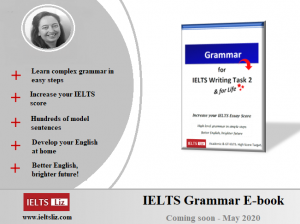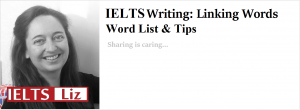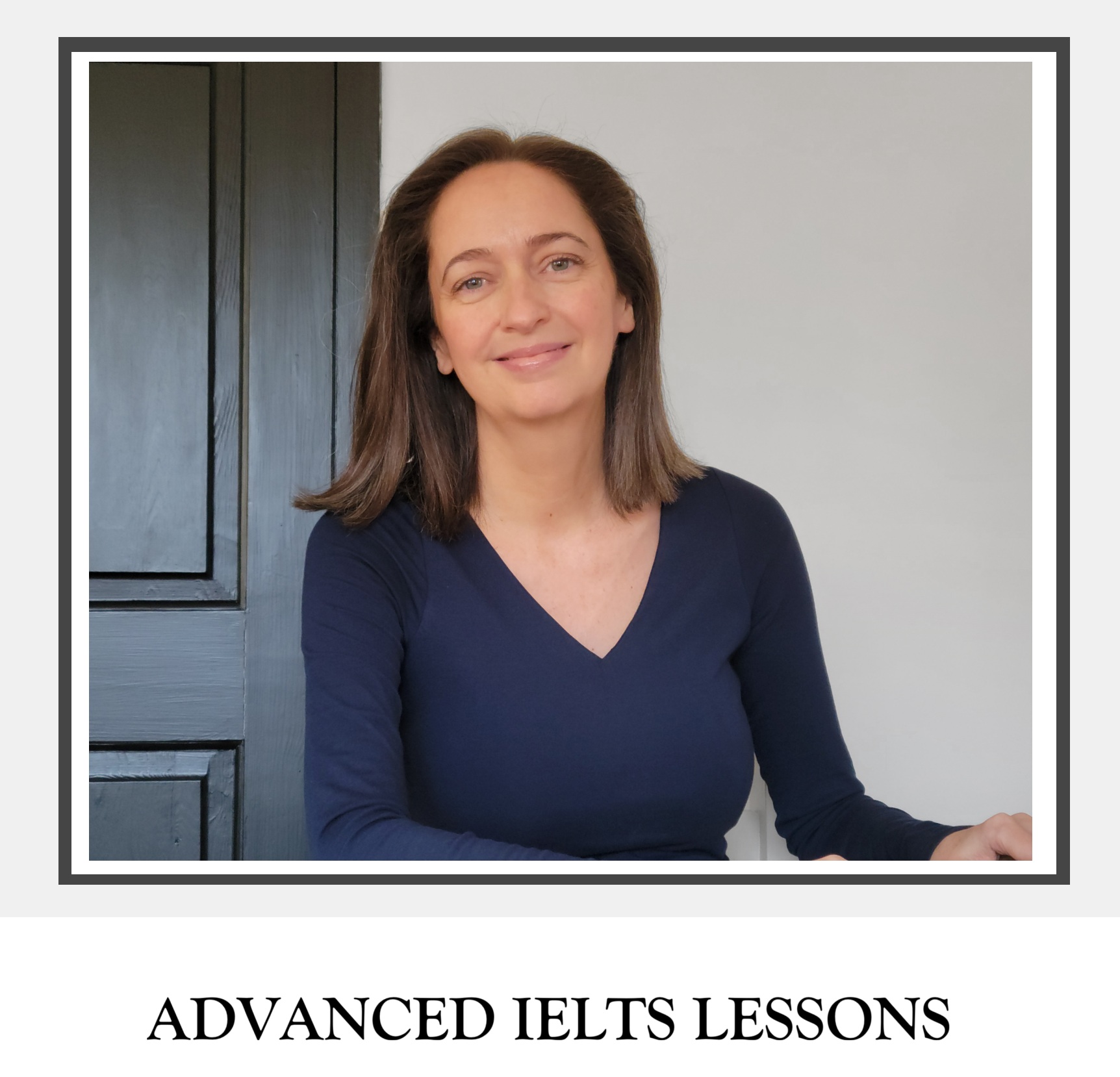Below is a list of predicted IELTS Writing Task 2 essay topics for this year, 2022. As usual, these topics are based on common topics, current world issues and trending topics. Both GT and Academic candidates should prepare from the list below.
On this page, you will find:
- List of types of essay questions
- Essay Topics for 2022
- Useful Links for lessons & tips
IELTS Essay Types in 2022
There are five types of essay questions in IELTS Writing Task 2. You will not know which type of essay you will be given. So, you must prepare for all types. When you read the 2022 Essay Topics list below, be ready for that topic to be phrased in different ways for different essay types. Be prepared to be flexible!!
- Opinion Essay – agree/disagree/ partial agreement
- Discussion Essay – discuss both sides
- Advantage / Disadvantage – includes outweigh essay
- Cause / Problem / Solution Essays
- Direct Question Essays – Positive . Negative Development / one question / two question / three question essays
Click here to learn how to spot which type of essay you have: IELTS Essay Types
IELTS Essay Topics for 2022
I’ve organised the predicted IELTS essay questions below and highlighted the topics I feel are more likely to appear. All topics in IELTS essays are current world issues and known society concerns. Our world today is mainly focused on health, work, technology, internet and other aspects of life.
Art
- is art important
- what can children learn from art, drama etc
- is literature important to teach in schools
- should the government fund artists
- what people gain from live events
- should art be censored
- does art transcend the language barrier
Books & Reading
- e-books – pros and cons
- are libraries a thing of the past
- children reading story books in their free time
- adults reading children’s stories
Business & Money
- family run businesses – pros and cons
- should we save or spend
- should companies be responsible for their employees’ health
- why some people do not save
- should money management be taught in schools
- is dress code or uniforms important in a company
- why do some people get into debt
- spending money on unnecessary items / luxury goods
- supporting small local businesses
- buying local or foreign products
- relocating companies to the countryside away from city centers – pros and cons
- factors in business success
- is the layout of an office important
Character & People
- is leadership innate
- factors behind success
- are people more impatient than before
- are older people as respected as they should be
- people who follow fashion trends
- keeping up with the Joneses
- individuality or conformity in schools
- why do some people struggle with change
- are people less respectful of the elderly nowadays
- are people becoming less formal
Crime & Punishment
- fixed punishment for a crime or should circumstances play a role in deciding punishment
- prisons – pros and cons
- stopping ex-convicts from re-offending
- how to reduce crime in society
- do some films encourage criminal behaviour
- should teenage offenders get the same punishment as adult offenders
- why people watch crime shows on TV
- online crimes
- is safety a personal or government responsibility
Culture
- are museums and art galleries important
- can children gain from visiting museums and galleries
- should the government support artists
- should schools prioritise science over the Arts
- importance of traditional clothes and music
- how tourism is changing local cultures
- how can the government / schools preserve traditional culture
- globalisation – will cultures be lost
- how has the internet affect culture around the world
- are public celebrations important for culture
- people spending a lot of money on weddings and celebrations
- do foreign films change local culture
Education
- discipline in schools
- pros and cons of learning online
- is science and technology important to teach
- are university degrees more important than experience
- how can people learn soft skills, such as communication, personal skills etc
- homework for children – an aid to learning or too much pressure
- who influences children most – teachers or parents
- teaching good values – teachers or parents
- are children from poor backgrounds disadvantaged in education
- is history important to learn
- studying abroad
- children of different abilities should be taught separately
- home schooling pros and cons
- education in cities compared to rural areas
- how to make learning interesting for children
- all education should be free
Environment, Nature & Wildlife
- protecting trees/ endangered species – causes / problems / solutions
- how to educate people about environmental problems
- noise pollution / air pollution / water pollution – causes / solutions
- how to tackle littering
- importance of tackling climate change – causes, problems, solutions
- importance of spending time in nature
- are wild animals important
- testing consumer products on animals
- children having pets
- who should protect the environment: individuals or governments
Family
- what is the generation gap and how can it be tackled
- can children benefit from a close relationship with their grandparents
- should women with children go to work
- are family roles changing within the family
- who should support elderly family members: family or government
- is it important for family members to spend time together
- why do some couples choose not to have children
- parents should give children the freedom to make their own mistakes
Food
- is our food culture changing
- is it important to keep traditional meals
- why do people eat junk food if it is unhealthy
- should families eat together
- is animal welfare important to know about when buying meat in supermarkets
- what information would stop you buying a certain product
- what is a balanced diet
- why are some people vegetarian
Health
- should all health care be free – pros and cons
- is public health a personal responsibility or the responsibility of the government
- sugar as a cause of health problems
- problems with junk food
- importance of mental health
- tackling obesity in society / in children
- health problems connected to using screens
- how to encourage children to do more exercise
- why people take up meditation, yoga or taichi
- walking, cycling to work pros and cons
- funding prevention or treatments
Language & Communication
- are text messages / emails / video calls a good form of communication
- pros and cons of one global language
- how has the internet changed the way we communicate and socialise
- should children learn a foreign language at an early age
- is handwriting a thing of the past
- will snail mail one day disappear
- difficulties learning a foreign language
Leisure
- are holidays important
- why is leisure time important
- are hobbies important
- spending time in nature
- children spending time playing together
- do people value leisure time more nowadays
- why do people watch so much TV in their free time
- Is watching TV a good leisure activity
- what leisure activities are best for children
- should children do homework or have fun in their leisure time
Media & The Internet
- social media and our image of beauty
- shopping online pros and cons
- how the internet has changed the way we work
- importance of accuracy in historical films
- does the internet make people feel more connected
- online streaming for films – pros and cons
- problems sharing personal information online
- reality TV stars
- what makes a film successful – stars, special effects or story
- meeting new people online
- how advertising influences people – billboards, internet pop ups, brand placement in films, social media
- celebrities as role models for children
- are newspapers a thing of the past now that news can be found online
- unreliable news or information online
Technology
- technology makes people lazy
- pros and cons of smart phones
- technology in the work place results in job losses
- technology and solving pollution / environmental problems
- technology, science and health
- government spending on space exploration or health care social services
- how has technology changed our lives / the way we work
- how has technology helped mankind
Transport
- pros and cons of a traffic free zone in city centers
- way to reduce pollution from cars
- should driving tests be obligatory every 5 years
- how to reduce traffic congestion in city centers
- pros and cons of plane travel
- how to ensure road safety
- should we all use electric cars
- people over 80 should not be allowed to drive
Tourism
- experiencing foreign countries on TV rather than travelling there
- conforming to the culture of the country you are visiting
- pros and cons of tourism on the domestic economy
- adventure holidays
- tourism and environmental factors (including wildlife)
- pros and cons of taking holidays on your own country
- tourism and its impact on the country
Sport
- what children learn from team sports and individual sports
- should sports teach competition or cooperation
- should schools increase physical education lessons
- benefits of exercise, walking, cycling
- should sports stars be paid so much
- companies sponsor sports events and teams for advertising – pros and cons
- sports professionals earning high salaries compared to doctors or nurses
- why people do adventure sports
- importance of international sports competitions
World Issues & Social Issues
- how can homelessness be tackled
- should world issues be solved nationally or internationally
- closing the gap between rich and poor countries
- rich countries should support poor countries at any cost
- overpopulation – problems / solutions
- people are living longer – pros and cons
- should charities help people locally or nationally
- are charities important
- more people are raising money for charities – why, is this a good thing
- living in the countryside or city – pros and cons
- food wastage / increase in world food demand
- (affordable) housing shortage – solutions
- migration of workers from rural to urban areas
- taking care of the elderly – family or government responsibility
- lack of good education in under-developed countries
Work
- pros and cons of working from home
- work-life balance
- pros and cons of being self-employed / working for a company
- bosses contacting people on their days off
- importance of holidays from work
- both parents working – how it impacts children
- is team working skills
- job satisfaction or salary
- working online pros and cons
- work-life balance
- pros and cons of technology / machines at work
- Was this list useful to you?
- Did you get one of these topics in your test?
USEFUL IELTS WRITING TASK 2 LINKS:
Click below to access some useful lessons and tips for your IELTS essay
List of keywords for essay writing







